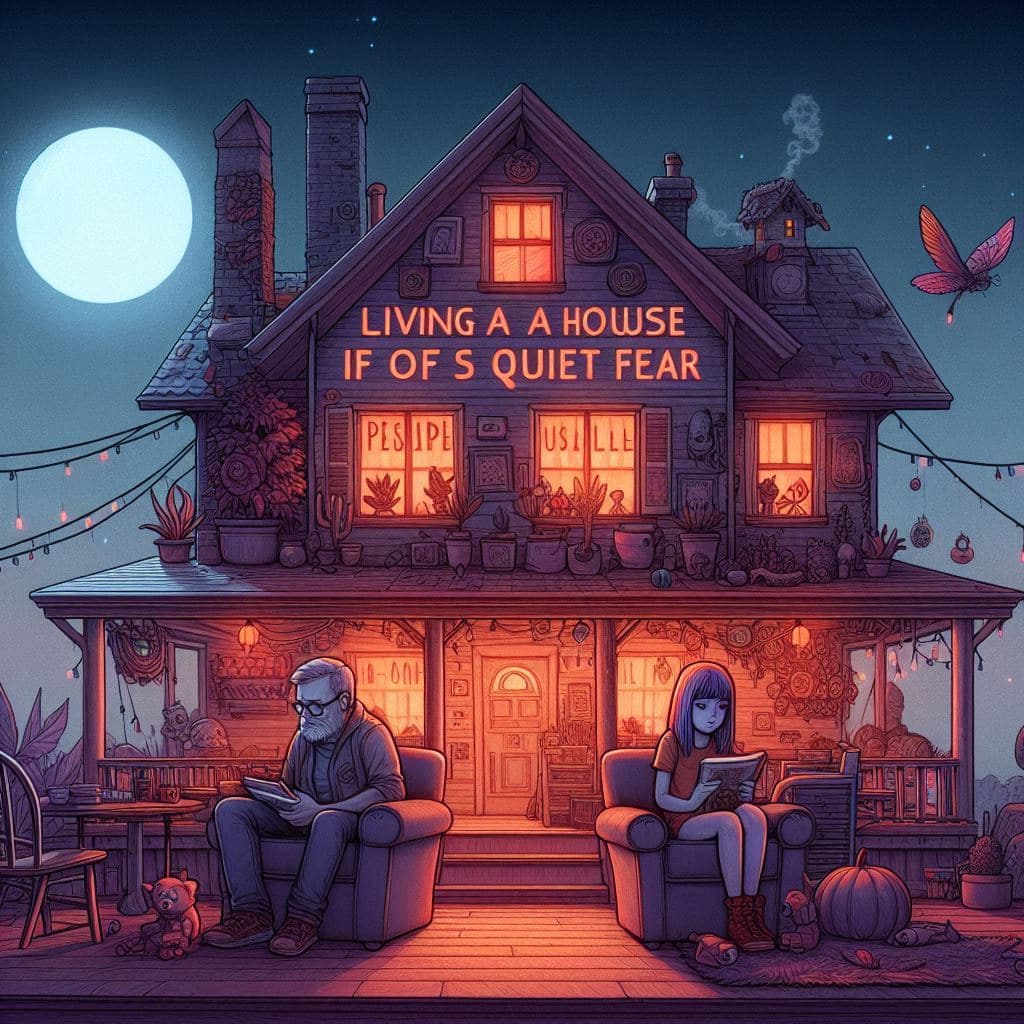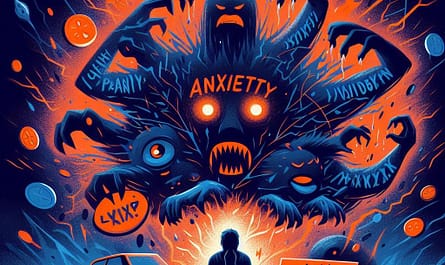Growing Up with Parents Who Had PTSD

I spent most of my life carrying my parents’ trauma without even realizing it.
As the child of two Vietnamese war refugees, I grew up surrounded by fear, anxiety, and emotional tension — but none of it was ever named. I thought it was normal to feel on edge all the time, to brace for disaster over the smallest things.
It wasn’t until adulthood that I began to understand: my parents had PTSD. And their unhealed wounds shaped everything about the way I was raised.
Home Never Felt Safe — Just Tense
Our house wasn’t chaotic on the surface. It was quiet — but in that quiet, there was fear. A missed appointment, a late phone call, even a spilled glass of water could trigger an overreaction.
My dad would snap or shout. My mom would panic and spiral. Everything felt like an emergency.
I thought this was just how families were. But when I visited friends’ homes, I realized how differently other parents responded — with calm, reassurance, even laughter. That contrast was jarring.
The War Never Ended for My Parents
My parents fled Vietnam during the war. They made it to America, but the trauma came with them.
They had survived unimaginable loss and fear — but they never got the help they needed. That trauma showed up in how they parented: in their fear, their mistrust of the world, and their constant sense of danger.
They didn’t talk about the war. But I lived in its aftermath.
I Became the Emotional Container
As a child, I absorbed it all. I became the peacekeeper — quiet, careful, always trying to prevent the next outburst.
I believed that if I could just be perfect — get straight As, follow all the rules, never cause trouble — I could keep the peace. But perfection never stopped the explosions. It just made me anxious and afraid of ever making a mistake.
I didn’t realize it at the time, but I had taken on the emotional weight of my parents’ PTSD.
The Emotional Whiplash of My Childhood
My father would bottle things up until he exploded. His anger was intense, loud, and scary. My mother, on the other hand, lived in constant fear — of the dark, of the unknown, of things that weren’t even there.
Together, they created a home filled with fear and unpredictability. I learned to expect the worst, even when things were going well.
What I Inherited: Anxiety, Hypervigilance, Perfectionism
As I got older, I realized that I had internalized my parents’ trauma.
I struggled to trust people. I expected things to go wrong. I approached relationships with caution, always afraid they’d fall apart. I couldn’t relax, even in safe situations.
I was always on edge — waiting for something bad to happen.
Connecting the Dots
It wasn’t until therapy that I finally saw the pattern: I had inherited intergenerational trauma.
I had never thought of my parents as traumatized. I just thought they were anxious, overprotective, and strict. But once I understood their past — their war stories, their losses, their fears — everything began to make sense.
Healing Is My Work Now
I can’t go back and change my childhood. I can’t undo the fear I grew up with. But I can break the cycle.
I’m learning to let go of hypervigilance. I’m slowly teaching myself what it feels like to feel safe — to trust, to rest, to breathe.
I’m forgiving myself for carrying pain that wasn’t mine. And I’m choosing to move forward with compassion — for myself and for them.
Finding My Way Home
Living in a house of quiet fear taught me how to survive.
But healing is teaching me how to live.
Safety isn’t just the absence of danger — it’s the presence of peace. And while I carry my parents’ past with me, I’m building a future they never had the chance to create.
A future rooted not in fear, but in freedom.



